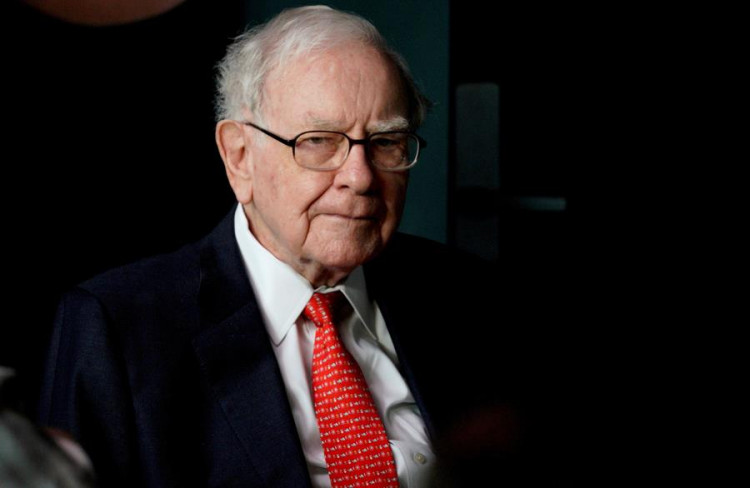For years, the succession plan of Berkshire Hathaway has been one of the most enduring mysteries in the American corporate world. The recent passing of Warren Buffett's golden partner, Charlie Munger, has refocused attention on Berkshire. In fact, the 93-year-old Buffett had already confirmed at the 2021 Berkshire annual shareholder meeting that Greg Abel would succeed him as the CEO of Berkshire Hathaway.
At this year's annual shareholder meeting, Buffett reiterated that Abel would indeed inherit some of his current responsibilities. Buffett recently expressed his confidence in Abel's future success, humorously noting that his nose would grow if he spoke otherwise.
Abel, 61, currently serves as the Vice Chairman of Berkshire's non-insurance operations, overseeing nearly 100 companies in sectors including railroads, utilities, manufacturing, and retail. This makes him responsible for all non-insurance businesses of the eighth highest-valued company in the United States.
#GregAbel#WarrenBuffett's successor #Heirapparent to #BerkshireHathaway
Chair, #BerkshireHathawayEnergy
Vice Chair, Non-Insurance operations at Berkshire Hathaway.
Warren Buffett named Greg Abel, 61, as his successor at Berkshire Hathaway back in 2021.
Abel started out as an… pic.twitter.com/oKbX1DW0L0 — Mathew Thomas (@OMRcat) December 7, 2023
Buffett has revealed that there was no competition for the top position between Abel and Ajit Jain, the Vice Chairman of Berkshire's insurance operations. Since 2018, both Abel and Jain have been considered the leading candidates for the role.
From Accountant to Buffett's Successor Born in 1962 in Alberta, Canada, Abel began his career as a chartered accountant at PricewaterhouseCoopers after earning a bachelor's degree in accounting from the University of Alberta. At 30, he left PwC's San Francisco office to join a small power company called CalEnergy, which later became Berkshire Hathaway Energy (BHE).
Under Abel's leadership, BHE evolved into a comprehensive energy company focusing on coal, natural gas, hydroelectric, wind, solar, geothermal, and nuclear energy. By 2022, the company boasted revenues exceeding $25 billion with around 24,000 employees.
Abel has been involved in significant acquisitions for the company, including PacifiCorp in 2005, NV Energy in 2013, and Dominion Energy's pipeline business in 2020. He also founded Home Services, a small real estate brokerage that has become one of Berkshire's most successful holdings.
His business acumen and interpersonal skills have earned him widespread praise within Berkshire. Long-time director Ron Olson described him as a "numbers guy" who understands business language better than anyone and is always eager to learn.
Buffett himself has high praise for Abel, noting his understanding of capital allocation is as good as his own, which is fortunate for Berkshire. Abel's rapid rise in Buffett's esteem is partly thanks to David Sokol, former CEO of CalEnergy, who recommended Abel to Buffett as early as 2007.
When Abel Takes Over Berkshire Once Buffett steps down, his roles as CEO, Chairman, and Chief Investment Officer will likely be divided among several individuals, including Abel. Ted Weschler and Todd Combs are expected to manage Berkshire's vast investment portfolio, while Buffett's son, Howard, might become the non-executive chairman.
Abel's management style is anticipated to be more hands-on compared to Buffett's more detached approach. Buffett has expressed that all the work is being done by Abel while he takes responsibility, which is exactly what he wanted.
It's unclear whether corporate executives will be as eager to engage with Abel as they were with Buffett. Some analysts believe that Berkshire's shareholders might push for changes, such as issuing dividends or selling off certain businesses, once Buffett is no longer at the helm.
"Changes are happening at Berkshire," said Edward Jones analyst James Shanahan. While the past 50 years have seen Berkshire known for its unique investment philosophy and positioning as an investment company, the next 50 years might see it focus more on operating as a company, growing through improved operational efficiency and profitability.





